FILE – Lebanese hold Saudi Arabian flags during a rally in support of the kingdom against comments made by Lebanon’s Information Minister George Kordahi over the war in Yemen, in front of the Saudi Arabia Embassy in Beirut, Lebanon, Oct. 30, 2021. Job opportunities lost and contracts canceled are just some of the ways that ordinary Lebanese have been affected by Saudi Arabia’s furious backlash at Lebanon late last month. Saudi Arabia recalled its ambassador and banned Lebanese imports ranging from chocolate to chemical products, which used to bring in about $240 million a year. (AP Photo/Bilal Hussein, File)
BEIRUT (AP) — A Lebanese DJ was days away from moving to Riyadh to play for a month in one of the newest entertainment centers in Saudi Arabia’s capital when a brief, polite Whatsapp message informed her that the contract won’t go through.
The head of a Beirut-based communications agency had been negotiating to revive a two-year-old contract derailed by the pandemic for hundreds of thousands of dollars. After two days of silence her Saudi client, in an apologetic call, said now is not the time.
A business owner who for years exported stationary to the kingdom had to return 20 containers of notebooks and paper ready for shipping to his warehouse outside of Beirut. “Please freeze everything,” Ziad Bekdache recalled the handlers telling him.
These are some of the victims of Saudi Arabia’s furious backlash against Lebanon in October after a Lebanese minister criticized its war against Iran-backed rebels in Yemen.
At the root of the crisis is a years-old regional rivalry with Iran, and Saudi unease about the increasing clout of Lebanon’s Iran-backed Hezbollah group. Lebanon is caught in the middle.
In response to the minister’s comments, Saudi Arabia recalled its ambassador and banned Lebanese imports ranging from chocolate to chemical products, which used to bring in about $240 million a year.
The diplomatic crisis is causing anxiety among Lebanese, particularly those who work in Gulf countries, at a time when Lebanon is already enduring an unprecedented economic meltdown.
“I felt bad, not just for my part, but for my country and for the expats,” said DJ Chloe. “We all have families abroad.”
Remittances from more than 350,000 Lebanese working and living in the Gulf have been essential, particularly as the meltdown drives up inflation and unemployment in the once middle-income country. The World Bank said remittances of over $6.2 billion, mostly from Gulf countries, made up 18.9% of Lebanon’s GDP in 2020, one of the highest in the world.
While the dollar value of exports to Saudi Arabia has declined in past years, the kingdom had been a top importer of Lebanese products, including soap, printed books and some canned food.
Lebanese government officials have tried to defuse the crisis, saying Information Minister George Kordahi’s comments, made before he assumed the post, did not represent their views.
Meanwhile, Kuwait, Bahrain and the United Arab Emirates also recalled their ambassadors and, like the Saudis, asked Lebanese diplomats to leave, ushering in one of the coldest spells in diplomatic relations between those Gulf nations and Lebanon.
Relations had been souring for a while.
In 2013, hundreds of Lebanese Shiites working in the Gulf were expelled on suspicion they supported Hezbollah. The deportations came after the group joined the civil war in Syria on the side of President Bashar Assad, also backed by Iran.
Gulf nations have since imposed sanctions on Hezbollah, labeling it a terrorist group.
In 2017, Riyadh forced Lebanon’s then-Prime Minister Saad Hariri to announce his resignation during a visit to the kingdom, citing Hezbollah’s domination in a televised statement. The dramatic move backfired: Hariri returned home and restored his alliance with Hezbollah, losing Saudi backing.
As Lebanon’s financial crisis unfolded in 2019, Saudi Arabia was absent after having spent more than $6 billion between 2004 and 2015 in investments and government support in Lebanon, according to Saudi estimates.
The deadlock over forming a government was prolonged because Riyadh either backed no one or refused to back Hariri again.
Earlier this year, Saudi Arabia stepped up the pressure, widening the net. It prevented Lebanese produce from reaching or transiting through the kingdom after accusing Hezbollah of using shipments to smuggle drugs. It was a blow to farmers who relied mostly on the Gulf to market their goods.
Saudi businesses signaled the boycott was even wider.
Ajlan al-Ajlan, chair of the Council of Saudi Chambers, said all business relations, including Saudi investors working in Lebanon, would be suspended.
“This is the least the Saudi businessmen and companies can offer to support their government,” he said according to the Saudi-owned Asharq al-Awsat newspaper.
Some argued that the Saudi measures amounted to collective punishment that effectively empowered Iran and its allies.
Ziad Nasreddine, an economist whose views align with those of Hezbollah, said Gulf businesses withdrawing from Lebanon open the doors for alternative investors.
“Heading east is one of those alternatives,” he said, referring to China, Russia, Iran and Iraq.
But some of those with Saudi business ties are paying a steep price.
DJ Chloe said a Riyadh-based Lebanese company that negotiated with her and other Lebanese artists to perform in one of the Saudi capital’s glitzy entertainment centers lost its entire contract.
The message from Riyadh — “Kindly accept my apologies” — signaled that priorities of hiring Lebanese have changed, she said.
Nayla el-Khoury’s Beirut-based communications agency worked with Saudi firms for over a decade and had hoped to revive a pandemic-delayed entertainment project when her Saudi client froze it.
“This was supposed to put food on the table for 40 people,” she said and angrily tweeted it at the Lebanese information minister.
El-Khoury blamed Lebanese politicians for dragging the public into a fight that is not theirs. “I am getting punished for the involvement of parties in wars that I don’t get an opinion about,” she said.
The Saudi measures are threatening to dismantle what remains of a manufacturing base in Lebanon. A banking crisis has already forced many businesses to downsize and fuel shortages made Lebanon one of the most expensive countries for producing electricity.
Georges Nasraoui, acting head of the Association of Lebanese Industrialists, said at least 15 factories from the group’s 900 members have transferred operations to neighboring countries in recent months. More are considering moving, putting more jobs at risk.
Imports from Saudi Arabia were also impacted.
Fadi Abboud, owner of Lebanon’s General Packaging Industries and a former minister, said a recurrent order for polypropylene from one of Saudi Arabia’s largest petrochemical factories was delayed. Then new orders were halted.
“What do they want us to do now? Go buy petrochemicals from Iran?” said Abboud, adding that he may be forced to relocate.
Bekdache, owner of Oriental Paper Products, a nearly 70-year-old family business, was planning to increase his exports to Saudi Arabia to benefit from the collapse of Lebanon’s currency that made his notebooks more competitive. He is now considering moving the business away from Lebanon.
He said it’s sad that after years of mutual cooperation and investments, “we get this boycott.”
“It is as if they are boycotting their brothers.”
Associated Press writer Aya Batrawy contributed from Dubai, United Arab Emirates.
Copyright 2021 Associated Press. All rights reserved.




















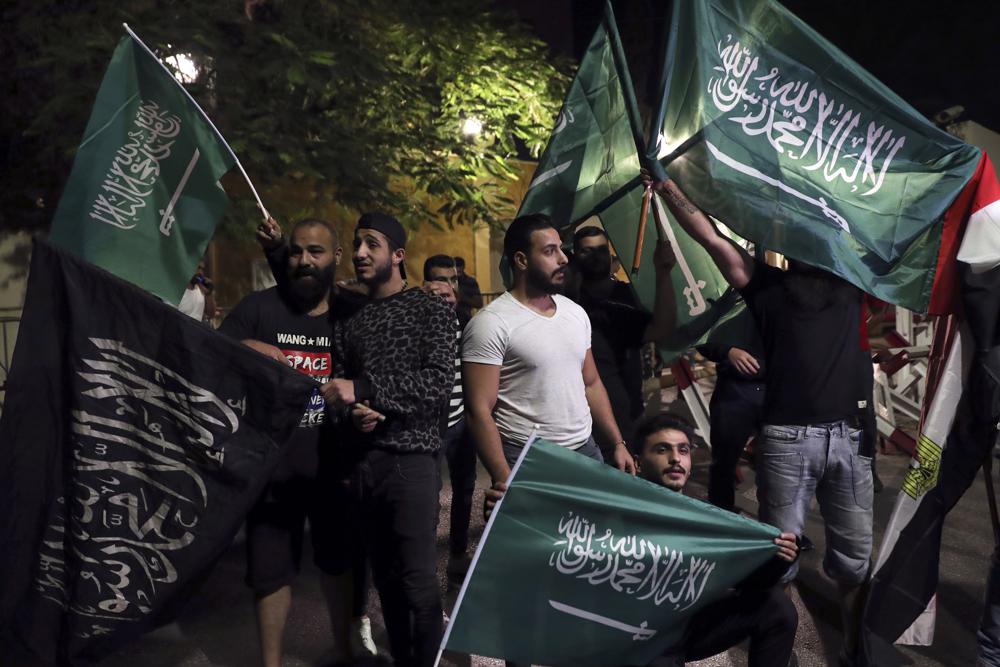



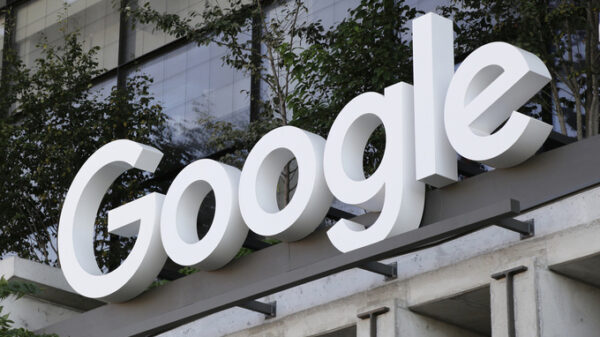

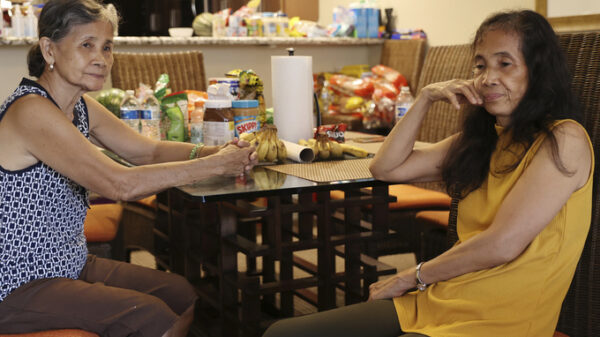

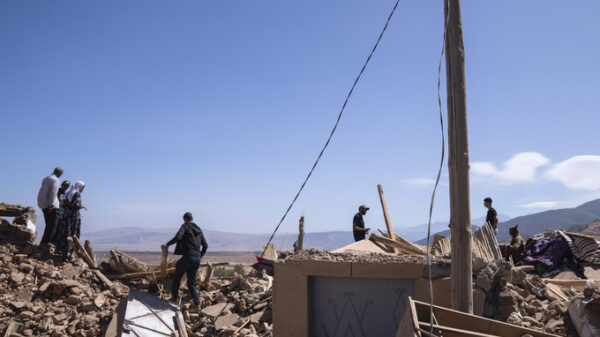
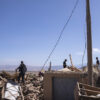
You must be logged in to post a comment Login